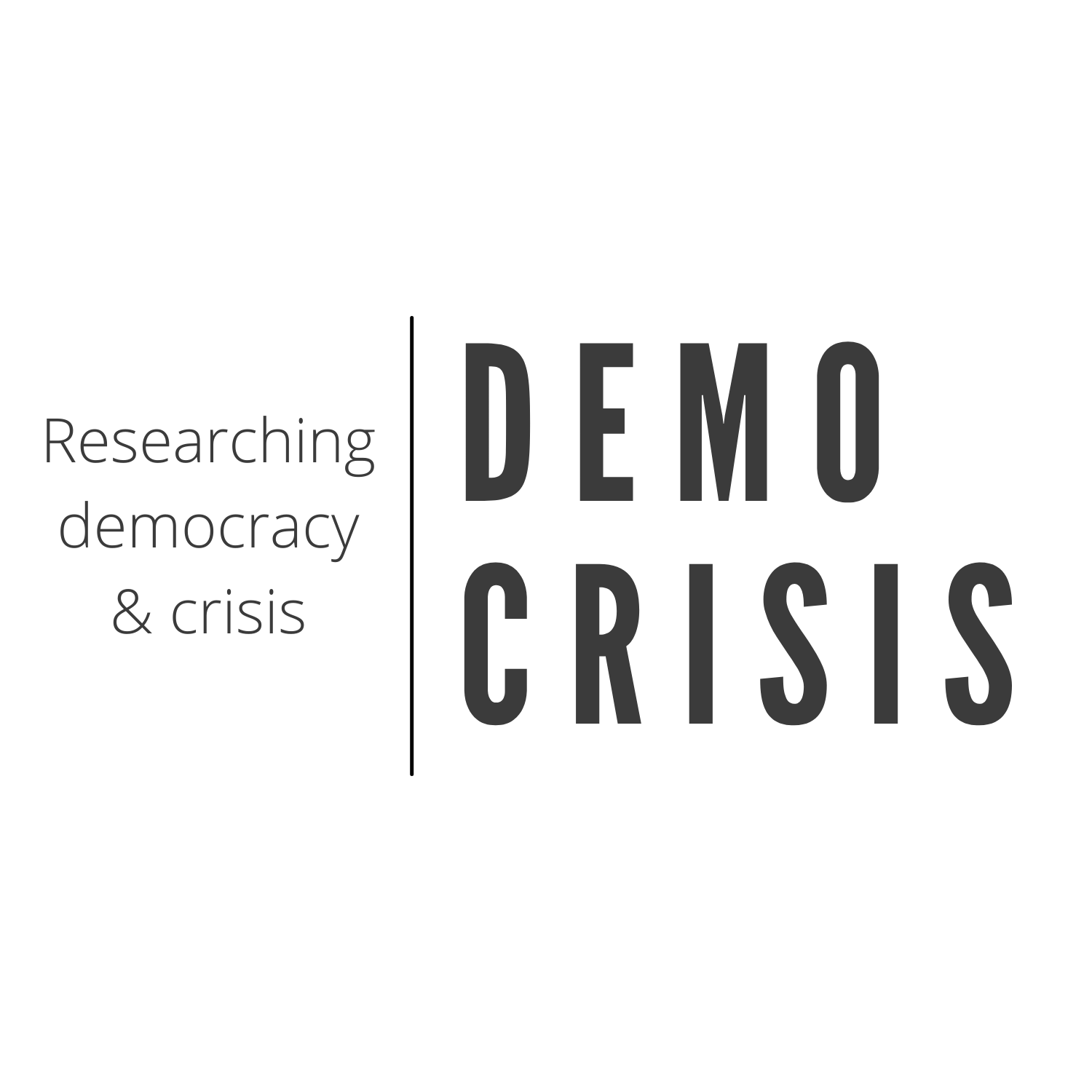Popular Sovereignty and European Integration in Light of the Eurozone Crisis
The advent of the Eurozone crisis in 2009 and the policy responses put forward by the E.U. institutions unsettled established citizens’ perceptions with regards to the accountability of their national governments and the responsiveness of E.U.-level actors to their needs and demands. Consequently, crisis-hit countries, such as Greece, Spain and Italy, experienced a partial or wholesale disintegration of their previously robust bipartisan systems, significant cycles of contention and the meteoric rise of anti-austerity or Eurosceptic forces. In this context, the primary objectives of the project are:
- to examine the mid-to-long-term impact of the E.U.-level crisis management on people’s attitudes towards the legitimacy and function of domestic democratic institutions,
- the latter’s impact on their level of engagement with politics and stance vis-à-vis liberal democracy.
This will enable us to illuminate the complex ideologico-political dynamics that currently underlie the Greek political system but also to address broader questions with regards to issues of sovereignty and democratic accountability in the context of European integration. Our research will expand on a flourishing literature on post-crisis Spanish, Portuguese and Italian politics, however, its primary focus will be on Greece. This is so for three main reasons:
- the unparalleled intensity of the Greek crisis both in economic and political terms,
- the particular salience of the E.U. dimension in Greece’s domestic political debate,and
- the existence of a pivotal event -the 2015 referendum- that brought the E.U. institutions in open and direct confrontation with Greek public opinion.
